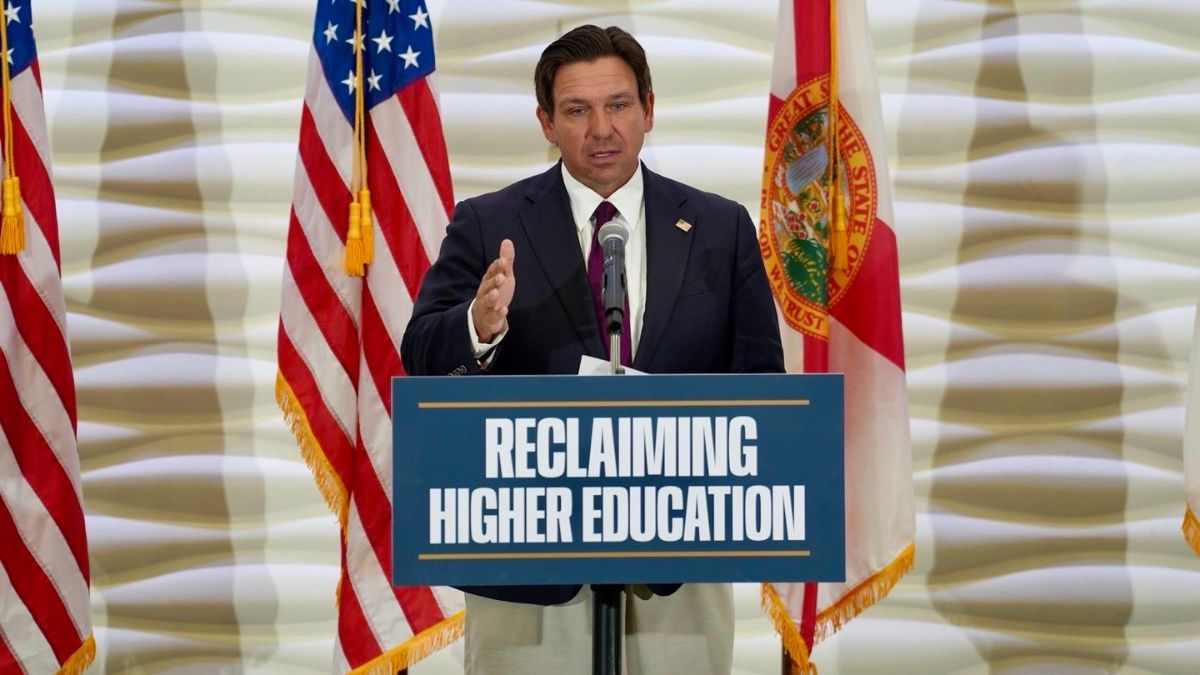Florida Governor Directs State Universities to Cease H-1B Sponsorships
Florida's directive challenges federal immigration authority, creating uncertainty for H-1B visa holders and employers in the state's public university system.

Subscribe to our newsletter and stay informed about latest H1B news, policy updates and and other developments.
Article Summary
Florida Governor Ron DeSantis has directed the state's Board of Governors to cease H-1B visa sponsorships at state universities, asserting a priority for Floridian citizens in job opportunities. This directive impacts approximately 400 H-1B holders within the state university system. The legal enforceability of this directive is unclear, as individual states lack the authority to revoke federal visas, and USCIS opposes termination based on valid immigration status.
Original Article: financialexpress.com
[ Sentiment: negative | Tone: factual ]
This summary and analysis were generated by TheNewsPublisher's editorial AI. This content is for informational purposes only; it does not constitute legal or immigration advice.
[ Sentiment: negative | Tone: factual ]
This summary and analysis were generated by TheNewsPublisher's editorial AI. This content is for informational purposes only; it does not constitute legal or immigration advice.
TNP AI: Key Insights
This directive, while of questionable legal enforceability, signals a significant political stance against federal H-1B policy at the state level. For H-1B visa holders currently employed or seeking employment at Florida public universities, it creates immediate uncertainty and potential job insecurity. For employers across Florida, particularly in the education sector, it introduces a new layer of complexity to workforce planning and talent acquisition.
Governor DeSantis has previously expressed skepticism regarding the H-1B program. The directive highlights a potential conflict between state-level policy preferences and federal immigration law, as states do not possess the authority to unilaterally revoke federal visas. Any attempt to enforce such a directive would likely face legal challenges, potentially leading to court rulings that clarify the boundaries of state power in immigration matters. This situation could set a precedent for other states attempting similar restrictions, increasing unpredictability for skilled workers and their employers nationwide.




